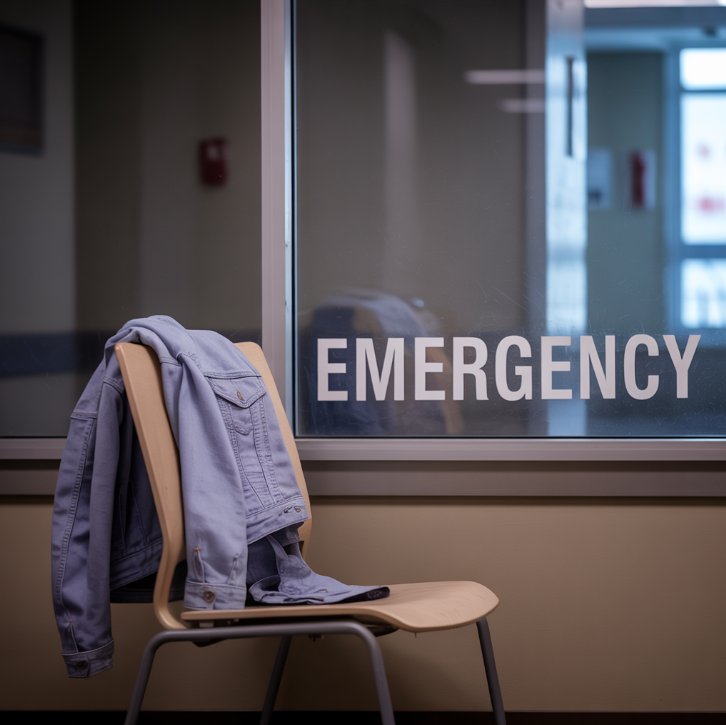The Wake-Up Call No Parent Sees Coming
Do you Think Your Teen Couldn’t End Up in an Emergency? I Thought That Too.
You never think it’ll be your child.
You don’t imagine sitting in an ER, watching your teen stare blankly at the wall while a doctor gently asks the kind of question no parent should ever have to hear. And you never expect to hear the answer that broke me:
Disappointed.
That’s how Maddie felt after surviving her first suicide attempt.
That one word shattered every belief I held about how “fine” she was. This is the wake-up call no parent sees coming, and the one I wish I’d seen sooner.
Mental Health Crises Don’t Always Look Like We Expect
We’re trained to watch for dramatic red flags: failing grades, dark clothing, open defiance.
But sometimes, a mental health crisis hides in plain sight. It wears a smile. It collects achievements. It says “I’m fine” with just enough conviction to keep us from digging deeper.
Maddie was smart, funny, driven, and kind. She wasn’t the kind of teen anyone worried about.
And that’s exactly why I missed it.
The Quiet Signs I Didn’t Know Were Signs
Looking back, I can name them now:
Withdrawal that looked like independence
Perfectionism that felt like motivation
Overachieving that masked fear of not being enough
Exhaustion we mistook for ambition
We thought she was thriving. She was actually barely holding it together.
The ER Visit Changed Everything
One Friday night, Maddie snuck out to a party. I tracked her down and found her hiding in a closet, crying. On the drive home, she kept asking me, “Are you mad at me?” I calmly replied, “Let’s talk about it tomorrow.” I brought her home, kissed her forehead, and told her, “Tomorrow is a new day.”
That night, she tried to end her life.
At the hospital, after the physical exam, a psychologist asked Maddie a question I’ll never forget, and her answer was devastating for a parent to hear.
She was admitted on a Form 1, placed under psychiatric care for her own safety. We were grateful she was alive, but in that moment, it didn’t feel like a relief. It felt like a reckoning.
Why Support Needs to Come Sooner
We assume therapy is for kids who’ve already broken down.
We tell ourselves, “She’s just stressed,” or “He’s going through a phase.”
But by the time most teens are willing to say they need help, they’re often already spiralling. Waiting for a breakdown isn’t caring. It’s crisis management. That window for mentorship is gone, at least for now.
What teens need is something earlier. Gentler. Less clinical. More human.
Mentorship: A Lifeline Before the Breaking Point
Not every teen is ready for therapy. Many resist it altogether.
Mentorship is the bridge between parenting and therapy. It gives teens a safe space to be heard, guided, and supported by someone who isn’t family, but who cares deeply.
It’s not about diagnosis. It’s about connection.
It’s what Maddie needed. It’s what I wish I’d known to look for.
💬 Final Thought + CTA
If you’ve read this far, your gut is already whispering something. Don’t ignore it.
That feeling? It’s your wake-up call.
Your teen doesn’t have to reach the edge before they get support.
Mentorship can be the lifeline that keeps them grounded before they ever fall.
👉 Learn how mentorship can support your teen, before it’s too late.
[Explore MentorWell Mentorship →]

